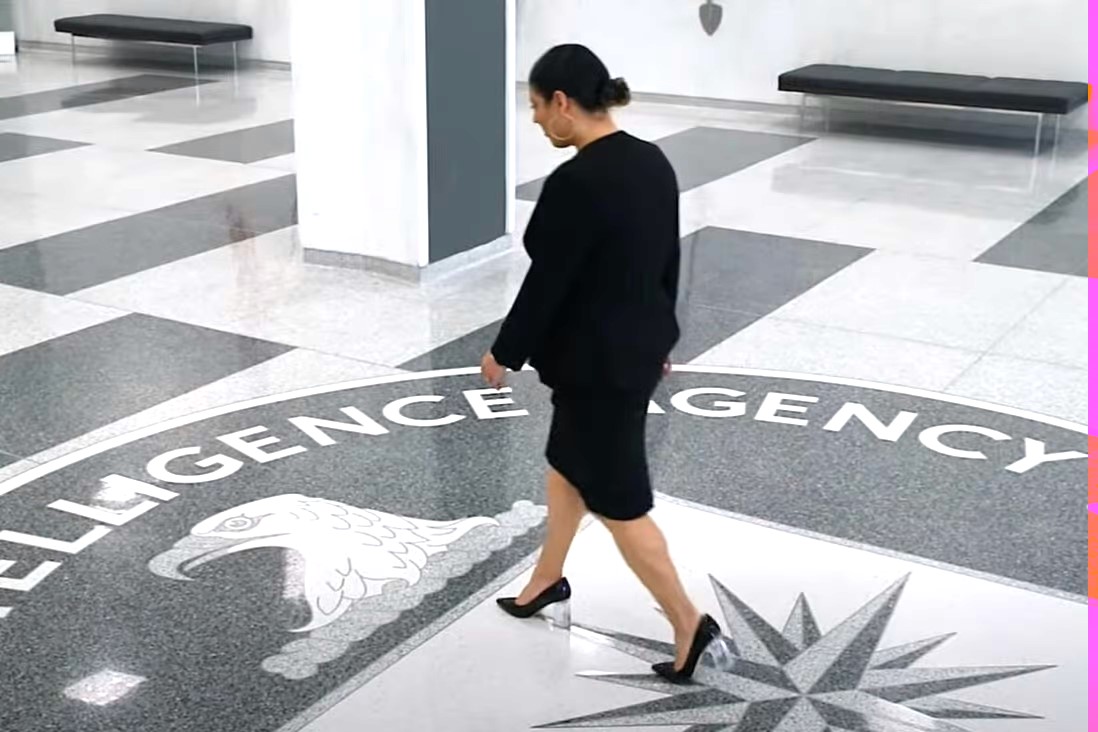The CIA and Pakistan’s ISI are now actively working together on issues that are ‘mutually beneficial’.
NEW DELHI: Going by the latest developments in Washington and Islamabad, the strained relationship between the Central Intelligence Agency (CIA) and the Inter-Services Intelligence (ISI)—which signifies the General Headquarters Rawalpindi (GHQ)—a tie which is also referred by insiders as akin to “sleeping with the enemy”, has improved in the recent past.
Sources aware of the matter said that the CIA, the United States’ external intelligence agency, and ISI, the Pakistani counterpart, are now actively working together on issues that are “mutually beneficial”.
Sources who spoke to The Sunday Guardian stayed away from sharing details on the extent of this emerging cooperation, something which had become minimal during the previous Donald Trump administration. They, however, indicated that the exchange of actionable intelligence was mostly in the spheres of tackling and controlling the Taliban, Al Qaeda, Tehreek-e-Taliban Pakistan (TTP) and the ISIS—all confined to the neighbouring Afghanistan, where the US’ intelligence gathering capabilities came down by many notches after the withdrawal of its troops in August last year.
The rekindling of this old relationship—which was authored by Pakistan Army chief Qamar Bajwa and sorted out by William Burns, Director CIA, with the active involvement of top Pakistan general Faiz Hameed, who has always been on the “good books of the Americans” as one source said—clears the much discussed doubts on how the US forces managed to track down Al Qaeda chief Ayman Al-Zawahiri, who was killed on the last day of July 2022 by a US-executed drone strike as he strolled casually at home in Kabul, Afghanistan, which he was assured by his benefactors was out of bounds of the US forces and their intelligence tracking tools.
These recent parleys between the CIA and the ISI, in a way, also confirm the suspicions of the Taliban and the TTP that Pakistan was allowing the US to use its land and air space to operate drones.
The CIA’s response on these developments was awaited until this report went to press. Earlier last week, US State Secretary Antony Blinken, while responding to India’s External Affairs Minister S. Jaishankar’s statement questioning the sale of F-16 support system to Pakistan by the Biden administration, ostensibly to fight terrorists based in Afghanistan, said that the US had a “responsibility and an obligation to whoever we provide military equipment to make sure that it’s maintained and sustained. That’s our obligation. The F-16 will be used against terror groups.”
This is being seen as an official confirmation of the US and Pakistan resuming active cooperation in the field of “strategic” issues. Jaishankar, in what was also raised by this newspaper earlier (‘Biden’s F-16 deal with Pak linked to Zawahiri’s death’), while speaking to an audience in Washington had said that it would be wrong to say that F-16s were for counter-terrorism purposes. “You’re not fooling anybody. For someone to say, I’m doing this because it’s for counter-terrorism when you’re talking of an aircraft like the capability of the F-16, everybody knows where they are deployed,” he said.
Pakistan Foreign Minister Bilawal Zardari Bhutto, encouraged by the new warmth in the relationship, while commenting on Jaishankar’s reaction to the military sale package, said, “Obviously, Indians are going to be upset, let them be, kiya karein (what do we do).”
US State Department spokesperson Ned Price, too, earlier this week had told the media that the US didn’t view its relationship with Pakistan and India in relation to each another. “These are both partners of ours with different points of emphasis in each, and we look to both as partners because we do have in many cases shared values, we do have in many cases shared interests.”
All these developments—the killing of Zawahiri, sale of the F-16 package, Pakistan’s imminent removal from the FATF’s grey list, which is scheduled for this month, the vocal support shown by the Biden administration and the reignition of the “romance” between the CIA and the ISI indicate that all the major decisions taken by the previous Trump government in Washington, as far as Pakistan is concerned, have been reversed.
According to sources, the one reason, which is clear as of now, for the Joe Biden administration going back to sharing its relationship with the ISI was that it needed GHQ, Rawalpindi, to tackle terror threats emanating from the Af-Pak region, something that Bajwa clearly understands and has used this need of the US as a “blank cheque”.

